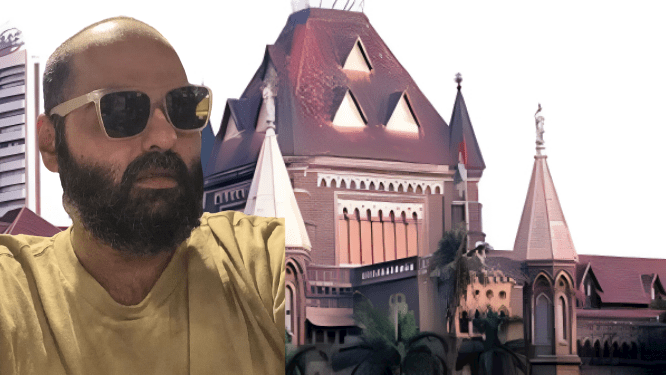
The Central government, in its affidavit before the Bombay High Court, opposed the petition filed by comedian Kunal Kamra challenging the recent amendments to the IT Rules 2021. The government, through the Ministry of Electronics and Information Technology (MeitY), stated that false and misleading information can have a negative impact on electoral democracy, weakening public trust in democratic institutions and creating doubts about the intentions of the elected government. This can also lead to damage to the economy and social fabric, intensify social and political conflict, and fan separatist movements. Misleading content on social media platforms can influence citizens’ perceptions of reality in matters of public interest, and create doubts about the actions and intentions of the democratically elected government.
Rule 3 of the IT Rules 2021 was amended to allow the Ministry of Electronics and Information Technology to designate a fact-checking body with the power to identify and label online news as false or fake regarding any activity of the Central government. Comedian Kunal Kamra has filed a petition challenging the constitutionality of rule 3(i)(II)(A), (C) of the Information Technology (Intermediary Guidelines and Digital Media Ethics Code) Amendment Rules, 2023. Kamra seeks a declaration that the rule is beyond the scope of section 79 of the Information Technology Act and infringes on the fundamental rights enshrined in Article 14 and 19(1)(a), (g) of the Constitution.
According to the affidavit, a significant portion of the news content shared on social media platforms in India is created by ordinary users who lack the resources to verify the accuracy of the information. Unfortunately, this content is often exploited by anti-social organisations to magnify its reach and impact.
The affidavit pointed out that while ordinary users may lack the time and resources to verify the accuracy of the information, anti-social and anti-India actors/organisations have been exploiting this aspect of social media to intentionally spread and amplify false information. Moreover, the anonymity provided by the internet has facilitated the misuse of social media platforms for the dissemination of false information through manual or technological means, including creating bot accounts or coordinating operations.
The Ministry of Electronics and Information Technology (MeitY) expressed concerns that regarding government decisions, social media could spread one-sided information, leading citizens to act on it even before an official announcement is made.
The government submitted that in matters related to its activities, the relevant and authentic facts are readily available with the government itself. It is in the public interest that such information is promptly verified by a government agency and disseminated to the public to contain the potential harm caused by false or misleading information. The fact-checking process will be limited to verifying authentic information related to the government of India’s activities.
The affidavit emphasised that with the advent of advanced technologies such as artificial intelligence and sophisticated technical tools, false or fabricated stories containing unverified information could be easily created and disseminated among millions of users in India. Therefore, the Ministry of Electronics and Information Technology (MeitY) argued that the amendments to the IT Rules 2021 were made in the larger public interest to establish an evidence-based fact-checking system.
MeitY also pointed out that the IT Rules 2021 provided an aggrieved person with a mechanism to seek redressal through a grievance officer. Moreover, there was also a provision for appealing against the decision of the officer to the Grievance Appellate Committee (GAC).
MeitY reiterated that the fact-checking unit’s role was limited to the activities of the Central government and identifying false or misleading information. The government’s aim regarding the introduction of the impugned provision was explicitly clear and not intended for any opinion, satire, or artistic impression. Therefore, the affidavit concluded by opposing Kamra’s petition, stating that the government’s actions suffered from no alleged arbitrariness or unreasonableness.
Written by Vaishnavi goel(BA.LLB)PUNJAB SCHOOL OF LAW , PUNJABI UNIVERSITY, PATIALA





0 Comments